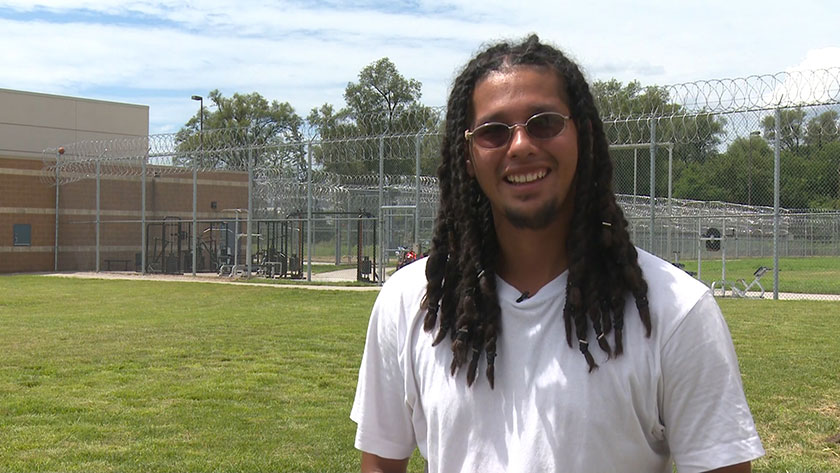
Nauschkoniwaheegh Hamilton followed his parents' example down a path of drugs and incarceration. Now he's a role model to the youth incarcerated with him.

Nauschkoniwaheegh Hamilton followed his parents' example down a path of drugs and incarceration. Now he's a role model to the youth incarcerated with him.
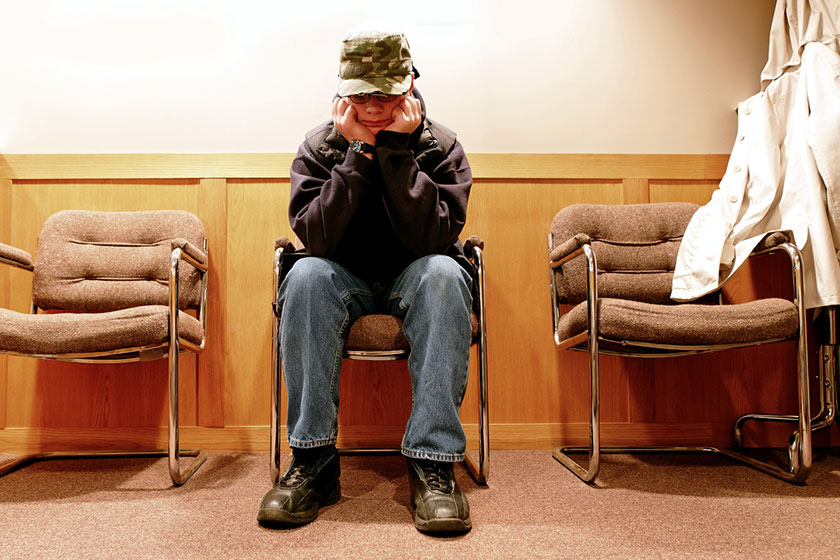
The United States imprisons more of its people than that of any other nation. And the youth justice system is not immune.
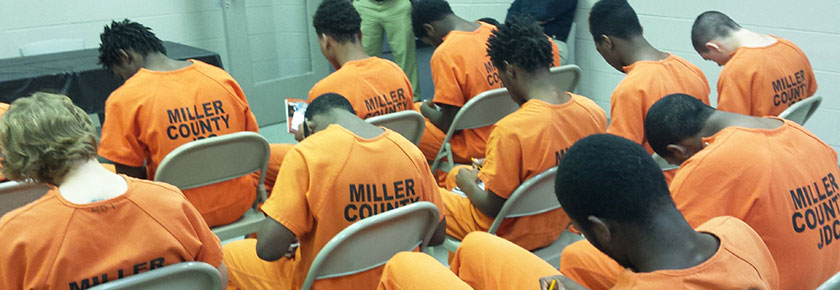
Guest writer Scott Larson of Straight Ahead Ministries shares the needs of youths in the juvenile justice system and how we can help.
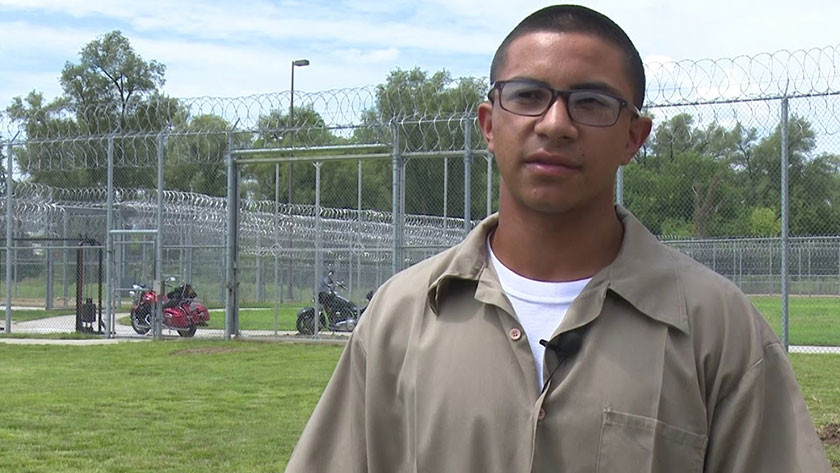
There's someone waiting for Pedro on the other side of the prison's walls. Someone he doesn't want to fail.
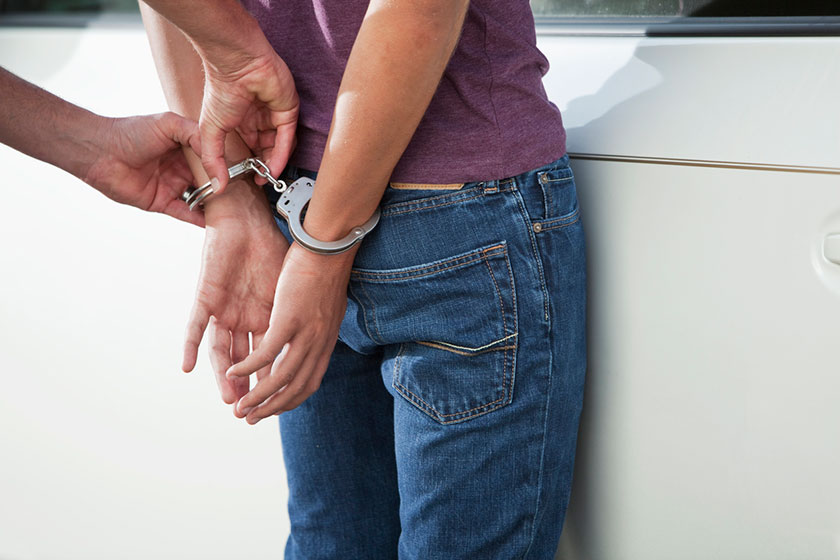
"I was certified as an adult when I was 17 years old and have been locked up for the last 15 years," Robert writes from the Minnesota Correctional Facility at Lino Lakes.
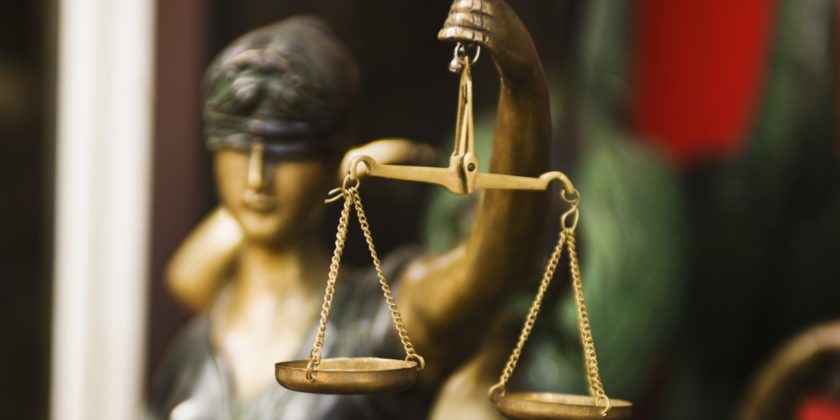
According to this article, it's not uncommon for minors to be tried as adults in New Jersey. It's even less uncommon for them to be a minority.
Here's how it works:
If a young person—under the age of 18—commits a serious-enough crime, like robbery, drug trafficking, or murder, a county prosecutor can petition the court to try the minor as an adult.
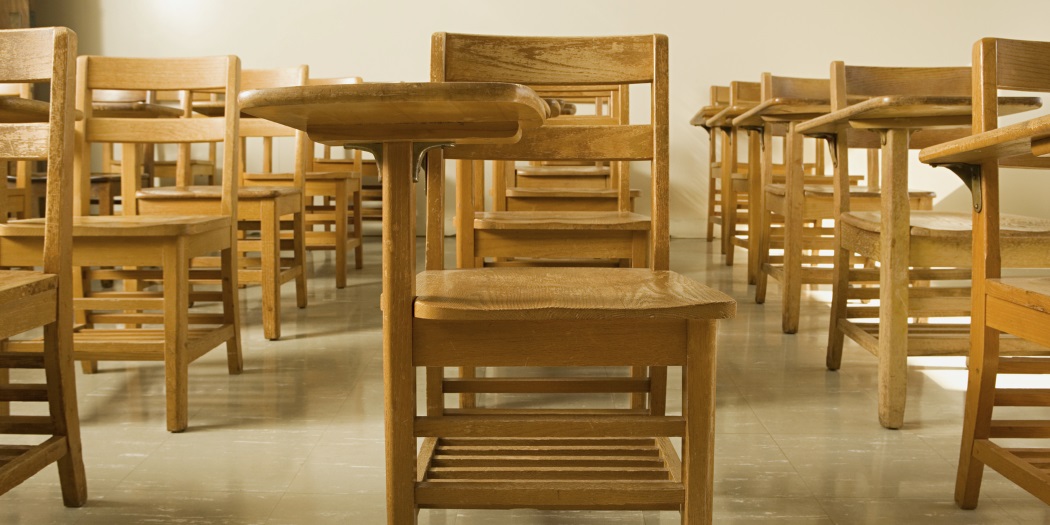
Kevin Bethel was in charge of school police in Philadelphia when he started researching juvenile crime.
“I was shocked to see we were locking up 1,600 kids a year,” Bethel tells Philly.com. “And I was shocked to see the offenses kids were being locked up for.”

For Prison Fellowship Vice President of Advocacy and Public Policy Craig DeRoche, justice reform is more than a job, it’s a passion developed from personal experience.
At the age of 34, DeRoche was elected Speaker of the House in the Michigan State Legislature—the youngest person to ever hold that position.
When David arrived at San Quentin prison two years ago to serve an 11-year sentence for a crime he committed as a minor, he didn’t expect to find hope or a second chance. But thanks to a department of corrections-sponsored program that gives young prisoners more access to education and rehabilitative programming, David has been given both.
Roughly 60,000 teenagers currently reside in juvenile detention facilities across the United States. While detained, these young men and women are separated from their friends, family—and the schools which they had been attending.
A recent feature on the PBS Newshour takes a closer look at the importance of educating youth behind bars, focusing on the efforts being made at one facility in Lowell, Massachusetts.
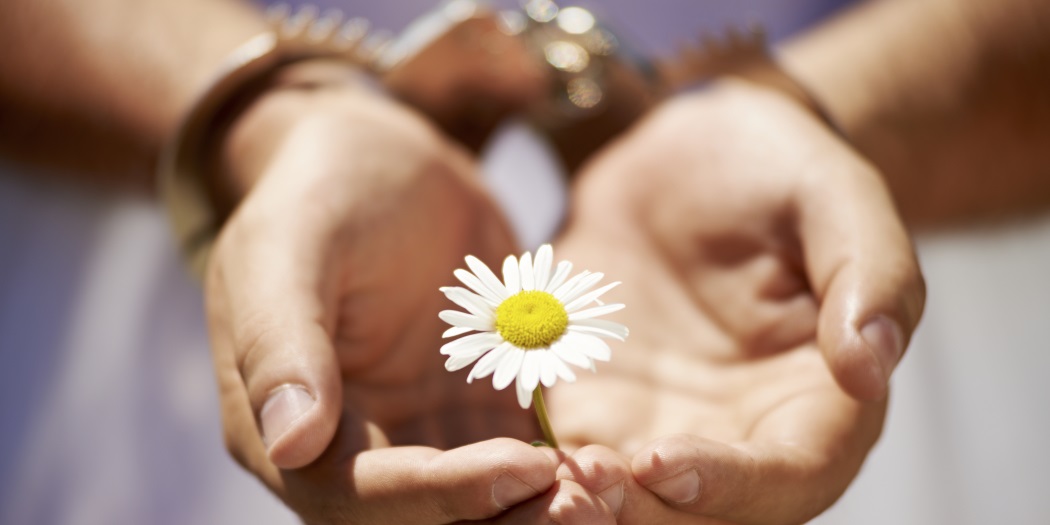
Although the number of children in detention centers has dramatically decreased over the past 15 years, there are still an estimated 55,000 juveniles behind bars. Regardless of whether they have committed a crime, they have the right to an education that must be provided for while in the detention center.
What is the best way to keep young people in troubled areas away from criminal behavior? A new book suggests that one of the keys is identifying a hobby or activity that will draw attention away from illicit activity and give youth a meaning and purpose that transcends their current environment.
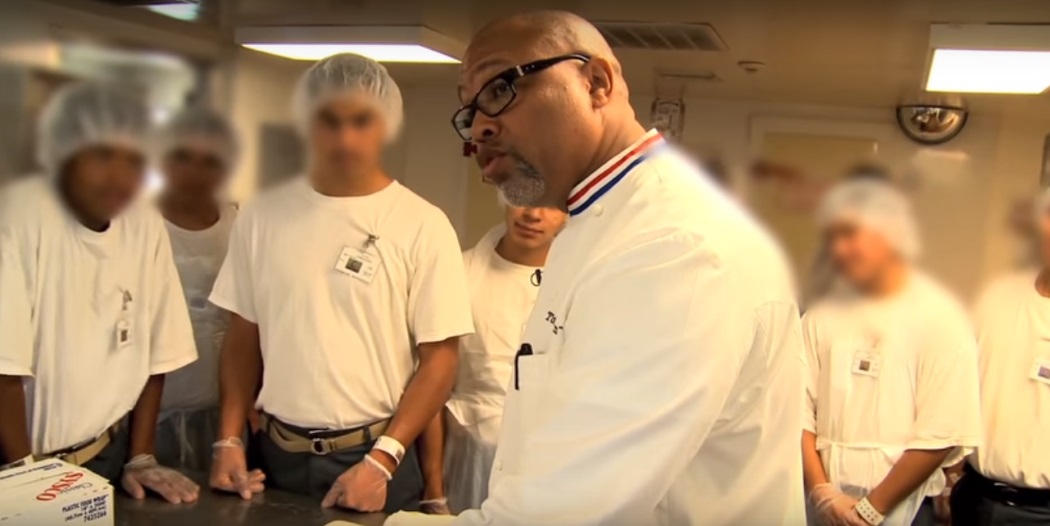
By the time he was 19, Jeff Henderson had established himself as one of the premier drug dealers in southern California. He was making $35,000 a week by age 21—driving fancy cars and living the life of a street celebrity.
But all that came to an end at 24, when he was sentenced to 19.5 years in prison.
The following column originally appeared in the Juvenile Justice Information Exchange, a national news site that covers juvenile justice issues daily, and appears here with permission.
The other day I visited a young black man from Philadelphia doing time for an armed robbery.
A pair of recently released surveys reveal broad support for proposed criminal justice reforms in the state of Virginia.
On February 10, Prison Fellowship and the Charles Koch Institute released a report showing that justice reform is a top priority for more than one-third of Virginians, with 36 percent of respondents placing it in the top five most important issues to them.
Restoration Partners give monthly to bring life-changing prison ministry programs to incarcerated men and women across the country.
JOIN NOW